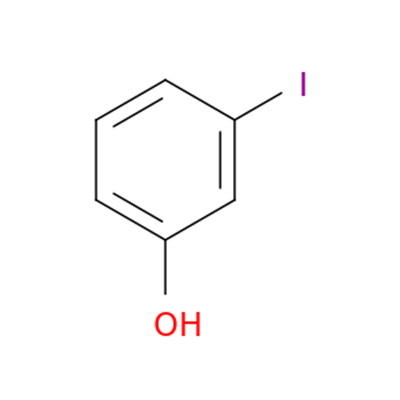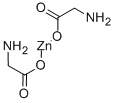The benefits of Zinc glycinate
Apr 8,2024
Description
Zinc (Zn) is an essential nutrient with many functions for immunity, growth, reproduction, and the quality of skin, hoof, and hair. This most present mineral, after iron, is a vital nutrient and plays a crucial role in cell development and gene expression. The mineral is used for the chemical activity of approximately 100 enzymes.
Types of zinc supplements
Zinc gluconate. As one of the most common OTC forms, zinc gluconate is often used in cold remedies like lozenges and nasal sprays.
Zinc acetate. Like zinc gluconate, zinc acetate is often added to cold lozenges to reduce symptoms and speed recovery.
Zinc sulfate. In addition to helping prevent zinc deficiency, zinc sulfate has been shown to reduce the severity of acne.
Zinc picolinate. According to one older studyTrusted Source, your body may absorb this form better than other types of zinc, including zinc gluconate and zinc citrate.
Zinc orotate. This form is bound to a compound known as orotic acid. It is one of the most common types of zinc supplements.
Zinc citrate. One 2014 study by Trust Source showed that this supplement is as well absorbed as zinc gluconate but has a less bitter, more appealing taste.
Zinc glycinate. Zinc glycinate is the combination of zinc and amino acid glycine. Glycine is the most minor essential amino acid. Glycine is combined with zinc to increase absorption in the body. Compared to ZnSO4, zinc glycinate improved the antioxidant status, increased the tibia Zn content, and more effectively regulated MT gene expression at the transcriptional level.
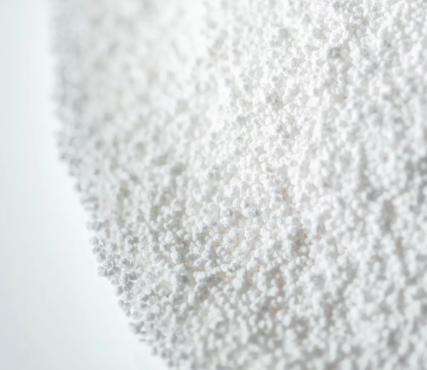
Benefits
Wound Healing: When you cut yourself, your body produces platelets. These are colorless blood cells that form a clot to stem the bleeding of your wound. Scientific evidence shows that zinc enhances the activity of these platelets. As zinc is so integral to your skin's health, supplementing with zinc can accelerate the healing of wounds.
Digestive System: Zinc can also benefit the digestive system. It contributes to a robust intestinal wall, and too much or too little zinc can contribute to the barrier of the intestine falling apart. Not having the right zinc levels can also lead to a shift in the microbiome. This can lead to problems with digestion, including inflammation and diarrhea.
Skin Health: Zinc works as an antioxidant and is used by the body to protect the skin from free radicals such as UV rays. The mineral can also help diminish acne's appearance and early signs of aging, such as lines and spots. The mineral is anti-inflammatory as it helps to reduce excess oil production. Scientific studies show that by ensuring you have adequate zinc levels, you can help fight acne.
Immune System Health: The anti-inflammatory properties of zinc can have a positive effect on the health of your immune system. For the body to develop T-lymphocytes (the white blood cells that are a crucial part of the immune system), zinc is required.
Low zinc levels are associated with difficulty producing immune-boosting white blood cells. Individuals with low zinc have a susceptibility to pneumonia and other infections. Due to its immune-enhancing properties, zinc is often found in pharmaceutical medicine for colds and sore throats. Many over-the-counter lozenges contain zinc gluconate glycine.
Treating Insomnia: New evidence has led researchers to conclude that zinc also plays a role in regulating sleep. Ensuring you have enough zinc can increase the quality and quantity of your sleep. Low zinc levels can lead to insomnia, and supplementing zinc is often recommended as a treatment for insomnia.
References
[1] M. Zoon. “PSXVI-29 Zinc-glycinate improves the bioavailability of zinc in ponies.” Journal of animal science (2018).
[2] Xiaoping Zhu. “Effects of Zinc Glycinate on Growth Performance, Serum Biochemical Indexes, and Intestinal Morphology of Yellow Feather Broilers.” Biological Trace Element Research 200 9 (2022): 4089–4097.
[3] Chuanpi Xiao . “Zinc glycinate alleviates LPS-induced inflammation and intestinal barrier disruption in chicken embryos by regulating zinc homeostasis and TLR4/NF-κB pathway.” Ecotoxicology and Environmental Safety (2024).
- Related articles
- Related Qustion
Supplementation with pyridoxal 5'-phosphate monohydrate can synthesize neurotransmitters such as dopamine and serotonin, maintaining a healthy nervous system.....
Nov 4,2025Biochemical Engineering3-Iodophenol is a halogenated phenolic compound used as a reagent in esterification, electrophilic aromatic substitution, alkylation, nucleophilic aromatic substitution, Mitsunobu, transition metal-catalysed cross-coupling, acylation and ox....
Apr 8,2024APIZinc glycinate
14281-83-5You may like
- Zinc glycinate
-
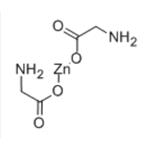
- $0.00 / 1kg
- 2025-12-17
- CAS:14281-83-5
- Min. Order: 1kg
- Purity: 99%min
- Supply Ability: 20tons
- Zinc Bisglycinate
-
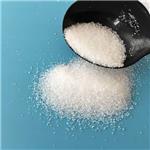
- $1200.00 / 1ton
- 2025-11-04
- CAS:14281-83-5
- Min. Order: 1ton
- Purity: 99%
- Supply Ability: 1000T/M
- Zinc glycinate
-
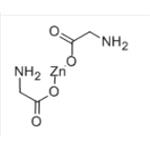
- $2.00 / 100kg
- 2025-10-13
- CAS:14281-83-5
- Min. Order: 1kg
- Purity: 99%
- Supply Ability: 100kg





